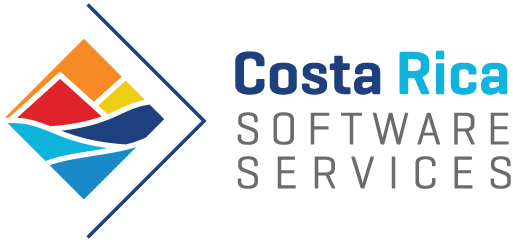In 2023 as software becomes integral in every industry, all companies are software companies. The software industry continues to grow rapidly as businesses adopt digital tools to compete in the marketplace.
According to a report by the U.S. Small Business Administration, about 64% of small businesses (those with fewer than 500 employees) use some form of software to manage their operations, with the most commonly used software being accounting, finance, and customer relationship management.
Software is a Strategic Priority
Additionally, a survey by Deloitte found that 85% of executives at large enterprises (those with more than 1,000 employees) believe that digital transformation is a strategic priority for their business, which often involves the implementation of new software and technology.
Businesses that use their own software to differentiate themselves are more likely to be successful than competitors: Nearly 70 percent of the top economic performers “are using their own software.”
Between 2023 and 2030, the market for business software is anticipated to grow at 11.9%. The growth of software in business is fueled by increasing amounts of data and automation across disparate parts of the economy including retail, healthcare, manufacturing, and automotive to name a few. The exponential growth of cloud-based software solutions has accelerated businesses’ adoption of software as a foundation for efficiency, flexibility, and value.
All Businesses Are Software Businesses: Examples
While many businesses do use software in some form, the core focus of their operations may not be software development or the sale of software products.
For example, a restaurant may use software for managing reservations, orders, and inventory, but its core focus is food service. Similarly, a construction company may use software for project management, but its core focus is building structures.
However, it is becoming increasingly common for businesses to incorporate software and technology into their operations, especially with the rise of digital transformation and the growth of the tech industry. Many businesses are using software to improve their efficiency, automate tasks, and provide better customer experiences. In some cases, businesses may also create software products or services that they sell to customers, in addition to their core offerings.
How Manufacturing companies are Software businesses
Manufacturing companies use software in a variety of ways to help manage and optimize their operations.
- Product design and development: Manufacturing companies use computer-aided design (CAD) software to create 2D or 3D designs of their products. These designs can then be used to create prototypes and test the product before it goes into production.
- Production planning and scheduling: Manufacturing companies use enterprise resource planning (ERP) software to manage and plan their production schedule, track inventory, and manage resources like labor and materials.
- Quality control and testing: Manufacturing companies use quality control software to test and monitor their products to ensure they meet the required standards and specifications.
- Maintenance and repairs: Manufacturing companies use computerized maintenance management software (CMMS) to manage and track maintenance and repairs of machinery and equipment.
- Supply chain management: Manufacturing companies use supply chain management software to manage the flow of goods and materials from suppliers to the factory and then to customers.
- Sales and customer service: Manufacturing companies use customer relationship management (CRM) software to manage customer data, track sales leads, and provide customer support.
Software plays a crucial role in helping manufacturing companies improve their efficiency, productivity, and quality control.
Summary
The current marketplace is making it important for businesses to evolve through the increasing adoption of software. More and more value is coming from software products and services agnostic of the business verticals. Businesses that use software are more efficient in managing their operations compared to those that don’t. The use of software allows businesses to automate repetitive tasks, manage their resources more effectively, and improve communication and collaboration among their teams. All of these benefits can lead to increased efficiency and productivity.

